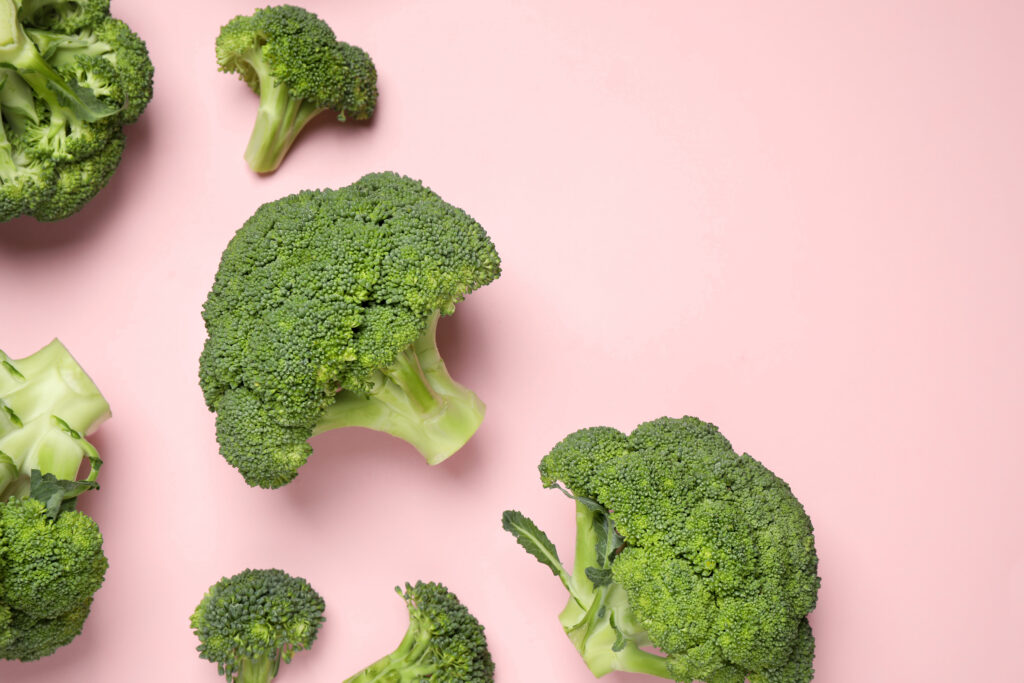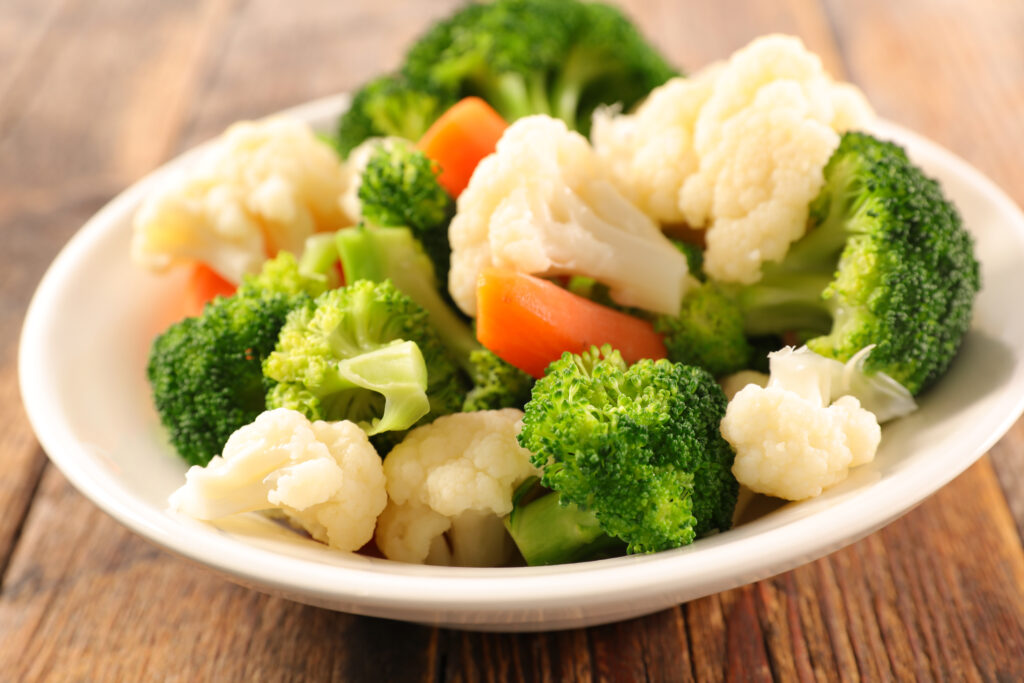
Broccoli 101: Nutrition, Health Benefits, and Potential Downsides
When I was still a kid, I found the Broccoli in the vegetable compartment of the fridge to be sinister and weird. Today, the mere thought makes me laugh, but back then, the greens that resembled a tree and tasted awful were a big NO for me. I would frantically shove them out of my plate, trying to keep the creepy, weird-looking, and bitter vegetable as far away as possible.
Maybe, a majority of children feel that way. But, hey, once you are out of those childish tantrums, will you only realize that Broccoli is one of the healthiest vegetables. It is nutrient-dense and must get supplied to every individual. After studying its nutritional content, my perspective on Broccoli has changed a lot.
Are you still confused about as to why eating Broccoli is important? Are you wondering about the health benefits of Broccoli? Well, then, here is a comprehensive guide for you!
Nutritional Value of Broccoli
As a green vegetable, Broccoli does not bring many fats to your body. Average-sized raw Broccoli only contains about 0.4 grams of fats.
The green vegetable, instead, brings a more healthy combination of nutrients to your plate. It offers carbs, proteins, fiber, and sugar. While sugar, glucose, and fructose guarantee a boost of energy, fiber promises better digestive health. Primarily, it helps prevents various diseases and also aids weight loss.
Broccoli also happens to be a powerhouse of multiple vitamins, including:
- Vitamin A
- Vitamin B9
- Vitamin C
- Vitamin K
In terms of minerals, it provides phosphorous, potassium, and selenium. Thus, it keeps the body nourished and healthy thoroughly. What’s more, about 90 percent of Broccoli is water. Hence, it is also an excellent source of water content.
Although most minerals, vitamins, and other nutrients get wasted when you fry or overcook the vegetable, it still provides a good amount of nutrition in cooked form.

Health Benefits of Eating Broccoli
With a nutrient-rich profile, the Broccoli has a lot of health benefits to offer, upon consumption. Below, I have enlisted and explained each health benefit precisely.
- Lowers the cholesterol
The level of cholesterol plays an important role in bile acid formation, a substance in our body that digests fats. Whenever we eat something fatty, the bile acid enters our digestive system and assists in fat digestion. After process completion, the remaining bile acid gets absorbed to get used again.
Thus, the components of Broccoli combine with these bile acids and force them towards excretion. Hence, preventing to get used again and increasing the production of new bile acid. And, more bile acid production means lesser cholesterol levels.
- Improves digestive health
Broccoli has both the nutrients required for good digestive health, which includes fiber and antioxidants. According to studies, the presence of both nutrients can reduce digestive problems, such as constipation.
- Prevents cancer development
According to studies, the consumption of Broccoli does not cure but prevents cancer development. Typically, the vegetable comprises of some unique plant compounds, called the Isothiocyanates.
The primary type of Isothiocyanate found in Broccoli is Sulforaphane, which reduces oxidative stress and combats cancer cell growth. Younger Broccoli is more potent in Sulforaphane than older ones.
- Improves eye health
Eye health has always been sensitive and easily damageable. A majority of people have impaired eyesight due to aging. Or, they suffer from night blindness due to vitamin-A deficiency.
Well, Broccoli has two carotenoids that can reduce vision problems due to age. And, it also has beta carotene that our body converts into vitamin A.

Potential Downsides
Broccoli is a cruciferous vegetable, similar to kale and cabbage. Although cruciferous vegetables have long been known for their abundant health benefits, recent research has unveiled some not-so-good aspects.
To begin with, let us consider Broccoli’s cancer-fighting composition. Fundamentally, this vegetable contains a compound known as Sulforaphane that’s known to fight cancer.
In truth, however, this chemical compound’s primary function is to cause cellular apoptosis, a.k.a Cell Death. It enters the cells and intervenes, and often, destroys mitochondria and enzymes. Plus, it leads to a chain reaction that ultimately leaves the body prone to oxidative damage.
While this may prove beneficial for cancerous cells, it may prove to be disastrous for healthy cells. And so, it’s wiser to consume Broccoli in limited amounts.
Another chemical compound named isothiocyanates threatens the normal production of thyroid hormone, which in turn may lead to hypothyroidism. It does so by competing with iodine and blocking its absorption by the thyroid. Although adding extra iodine, freezing and boiling the vegetable, and other such stuff may slightly help in this case, nothing can eradicate the issue truly. Thus, it’s best to consume Broccoli in moderate amounts only.
Leave your comment
You must be logged in to post a comment.